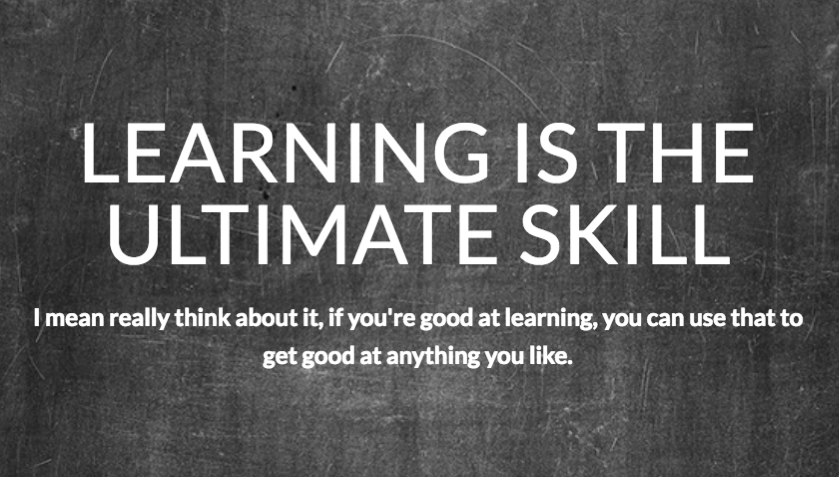
I am so excited to introduce Beyond Brilliance, a new book by four UC Berkeley students about how we learn and how we can do it better. You can get the ebook free or purchase a hard copy and receive a full refund if you read it and write an honest review proving you read the book. That’s a win/win for all students. Parents will love the book too!
I sat down with Lucas Miller, the ambitious author behind the project, to learn more. Here’s a short excerpt from our conversation.
Q. Can you briefly explain the premise of Beyond Brilliance?
Lucas: Sure, the basic idea is that we were all lied to in school. We were taught harmful myths about intelligence and how our brains work that limit many of us from accessing our full potential. We were taught what to learn, but never how. The truth is, getting top grades and becoming an efficient learner is a skill that anyone can cultivate. You don’t need to be naturally “brilliant”, or pull all-nighters, or sacrifice your social life, or even give up the gym to do well in school. What you really need to do is learn how learning actually works. Then, you can use that skill to get better at anything you like.
Q. There are so many books out there. Why should someone read yours?
Lucas: Most books for students give you the same old advice: work hard, take detailed notes, use a planner, yadda yadda. Beyond Brilliance takes a brand-new approach. Chapters are 1-3 pages, illustrated, and filled with clear takeaways backed by neuroscience. In a weekend, you’ll be able to glean the main insights from about fifty books and even more papers and distill them into a body of knowledge that will change how you learn forever.
Q. Who do you want reading it?
Lucas: Engineering majors at MIT, C students, victims of tracking and standardized testing, graduate students who don’t want to starve anymore, workers taking online classes on the side, and parents whose children are either falling behind or trying to skyrocket to the top of the class. Really anyone who likes learning and wants to get better at it.
Q. What are five things students can do to immediately become better learners?
Lucas:
- Ditch rereading in favor of self-testing (familiarity with the material is not the same as actual understanding)
- Study concepts by explaining them out loud
- Learn throughout the semester, not just when exams hit (spacing out your review builds a much stronger foundation)
- Exercise a little every day (this is massively underemphasized)
- Get nine hours of sleep (all the magic happens at night)
Q. What is the biggest difference you see between excellent learners and average ones?
Lucas: The best students stick to their word. When they say they are going to study, they actually study. When they show up to do a problem set, they actually do the problem set. And when they sit down with a cup of coffee to write, they actually write. No email, no Buzzfeed, just work. And then when they’re done, they’re done.
Q. What are some tools you recommend for studying and scheduling?
Lucas: Evernote for taking and storing notes. Google Docs for team projects. Google Calendar and Trello for planning appointments and tasks. The Pomodoro technique for building rewards into your study schedule.
____________________________
Lucas Miller is a Phi Beta Kappa, Leadership Scholar, and senior in the top 1.5% of students at the University of California, Berkeley. After spending three semesters in engineering, he now studies cognitive science and entrepreneurship and has served as a mentor for multiple undergraduate courses. He also conducts research in memory and performance psychology. Learning, teaching, and sharing ideas are by far his greatest passions. Check out the Beyond Brilliance website here.










